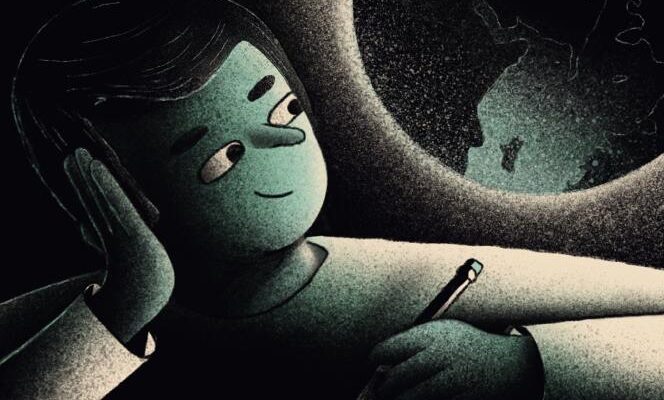Un report of the High Council for the Family, Childhood and Age (HCFEA), published on March 13, alert on an increased consumption of psychotropic drugs in children and adolescents. This report has been widely criticized, but it raises two essential questions: that of the growing number of children in psychological distress, and that of the way in which they are treated. And he therefore invites all those who are concerned about the fate of children to wonder about the causes of this aggravation of their suffering.
Why are so many children suffering today?
Psychological suffering is often evoked in a way which, far from making it comprehensible to non-specialists, makes it seem so complicated and so mysterious that, confronted (often very painfully) with that of their children, many parents consider themselves incompetent. and powerless to help them, but also to judge the forms of care offered to them. A belief that is all the more regrettable in that it can make them the prey of practices harmful to their children.
This dimension of mystery associated with psychic problems is generally based on the idea that, while there would be, in terms of the functioning of bodies, a logic and rules to which everyone could refer, the functioning of the psyche would be, , the domain of the particular, of the impossible to define and even more so to explain. However, each child being a singular being, the reasons for which he suffers ” in her head “, are also always singular. But they are not (any more than those of the suffering of his body) impossible to identify.
How can we identify the causes of a child’s psychological suffering?
We must first remember that, to grow, the child must travel, from birth to adulthood, a very long path on which many slippages are possible. These slippages may be due first of all to the fact that, not being, as we have long believed, “a miniature adult”the child is not born with a ” personality “ constituted. He must build himself, that is to say build little by little, through what he experiences, his relationship to himself, to others and to the world; construction all the more difficult as he can only do it with the help of his parents. In his learning of life, the child can, in fact, stumble at any time, because of difficult encounters with situations, events, people. And he needs his parents every time to help him avoid misunderstandings that would not only be painful but could give him the wrong idea of relationships and of himself: “Your boyfriend didn’t want to play with you, but it’s not because he doesn’t like you. It’s because the other children don’t necessarily want to play at the same time as you. »
You have 64.95% of this article left to read. The following is for subscribers only.
